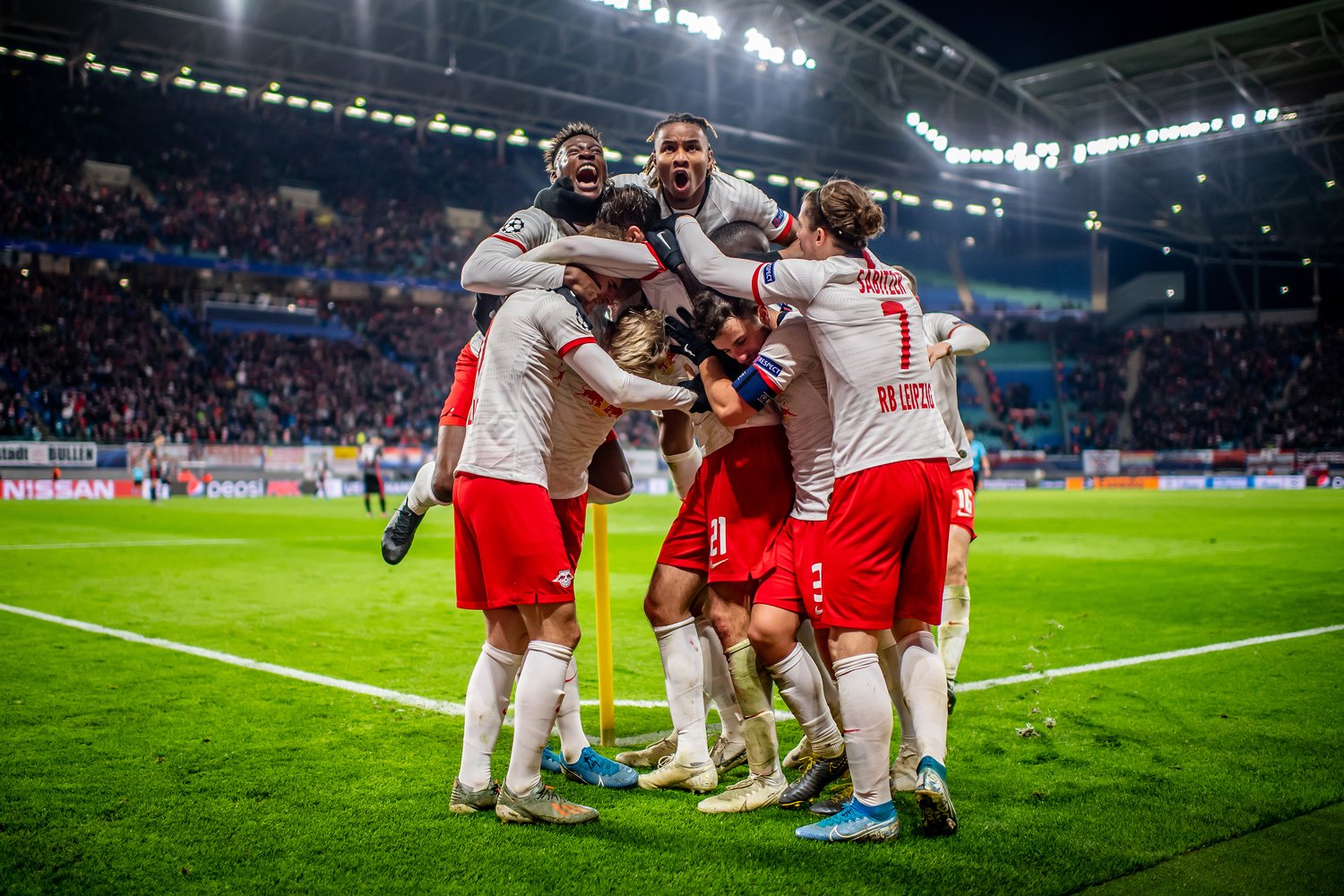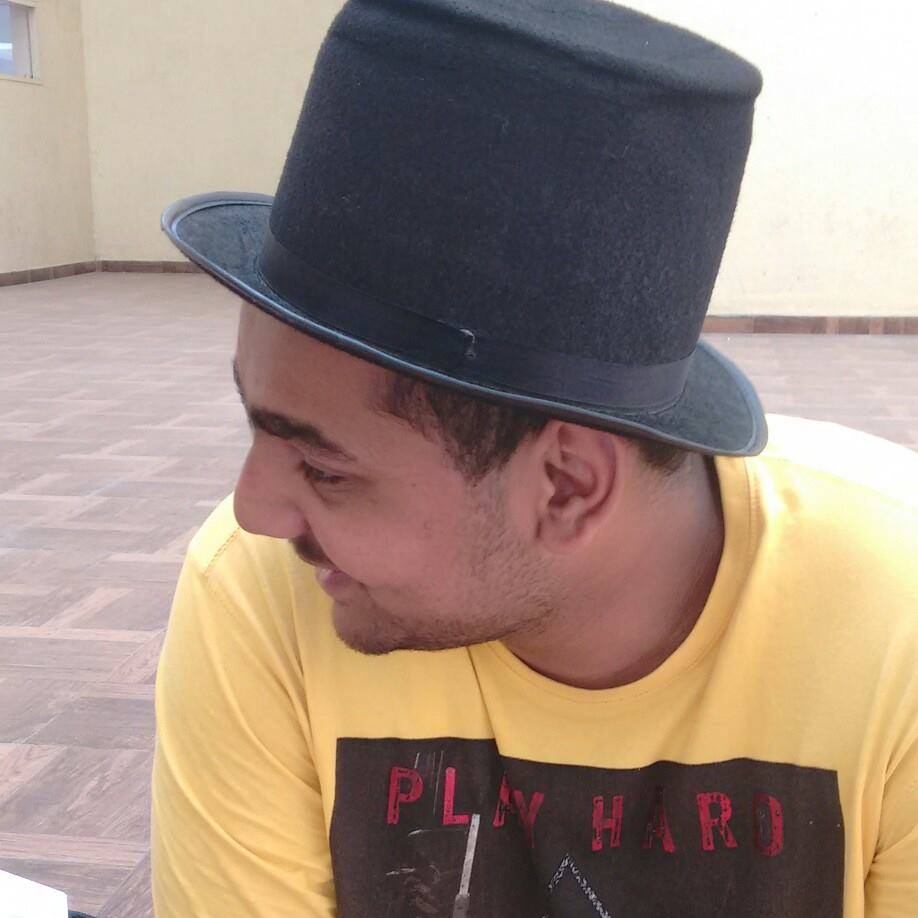Hate them, stone them or throw bull heads at them, RB Leipzig are here to stay
It’s the end of the 2008/09 season and the world around German football is buoyant. VFB Wolfsburg had just won the first league title in their history, rising from ninth to first in ten weeks. They would never let go and it proved to be the only thing between Bayern Munich and a three-peat.

That’s eight weeks discounting the fact that Germany had more than a month and a half winter break between December 13th and January 31st. Yet, this was a magnificent Wolfsburg side with Edin Dzeko and Grafite scoring a combined 54 goals in the Bundesliga alone. It saw Christan Gentner and Edin Dzeko plus Zvjezdan Misimovic notch up forty assists in seasons that nobody but Dzeko has managed to put up since. Not just that, that Wolfsburg team completely took apart a wonderful Bayern Munich, that happened to be league leaders and had a catalogue of superstars, 5-1.
However, they did exactly what RB Leipzig are aiming for this season and yet, when Wolfsburg won the league title, the word RB Leipzig never even existed. That is outside the minds and the boardrooms at Red Bull with the club only technically coming into existence on 19th May 2009. Eleven years on and they’ve played a massive part in the questions surrounding German football in the recent weeks. Weeks that have seen banners with colourful language, if we can call it that, about Hoffenheim owner Dietmar Hopp flood German football stadiums with games stopped, banned and even farcically finished.
The message was a simple abusive phrase directed at the Hoffenheim owner and his side starting in his own stadium. It would then happen again at Koln, at Union Berlin, and at Bochum in the German second tier. The days since have brought about questions and asked for answers, neither of which have come about freely. But this is not the first time a protest like this has happened and the last time it did, nothing of the sort ever happened. Fans all around German routinely boycott games at the Red Bull Arena and nearly all of them display banners overflowing with colourful words. Dynamo Dresden’s supporters took things one step ahead and threw a severed bull’s head onto the field.
It brought about memories of Luis Figo for many but to Leipzig, it’s an everyday thing because only three points behind Bayern Munich and you realise that Rasen Ball Sport Leipzig are no ordinary club.
In the eleven years between 2009 and 2020, Red Bull took over SSV Markranstadt, re-invented the club as Rasen Ball Sport Leipzig, changed their ground, their kit and even the training ground. It saw the sporting group establish a base and then they proceeded to dominate the league. Within six years, RB Leipzig were in the second division and had already established a team to challenge for the Bundesliga 2. title. But that was never their goal, and it saw them spend another extra year in the second tier, creating the team that would survive in the first tier.
Yussuf Poulsen admitted as much when he said, "There was a big plan already -- how it was all going to develop. He told me they would go up to the third league the next season, and I would come into the team and be a big part of it. Then they would go up to the second league the following year. 'We can have one year to get to know the level in the second league,' he said. 'And then we will go to the Bundesliga.'"
To put it in perspective, they took a ten-year lease on a 43,000 stadium with the aim of being in the Bundesliga once the lease ended. It took them just eight years to reach the top tier with them challenging for the league title two years later with a fantastic system in place. However, instead of doing that, RB Leipzig could have taken their entire system in another direction. Because Red Bull reportedly handed them a €100 million transfer budget to spend how they saw fit.
What style do we want to play?' After that we scouted, and signed the players who fulfilled our requirements."
Ralf Rangnick
Yet, in their first seven years the club only spent €54.51 million on transfers with a large portion of that coming in the second tier as they set up a run to the top tier. It saw them establish a core of players with seven of their current players rising to the Bundesliga with the club in 2016, and two more (now one with Diego Demme at Napoli) helped them rise up from the third division. However, as Olivier Mintzlaff said, “the club never spent on superstars”. Instead, under Ralf Rangnick the club's transfer list read like a list of the best young talent around.
Mintzlaff also said "We didn't do what people expected. Oh, Red Bull is coming, taking over the Bundesliga, they're going to spend crazy money, they're going to buy the best-best-best.' No. We never, ever bought a star. We bought young players. At the time, every other Bundesliga team could have bought these players. Many of the 2. Bundesliga could have bought them. We did a good job of scouting, with a clear philosophy. And we still stick to that philosophy."
It's why the club brought in Ralf Rangnick and while he is a specialist in getting promoted, the German was the catalyst and why the RB Leipzig project actually worked. He made sure that they spent money on young, talented and cheap players which would eventually fetch the club profit and never brought in superstars. Not only that, he handed them their identity as they moved through the German football tier and it's seen now manager Julian Naglesmann adapt around it and tweak it to help Leipzig move forward.
But their youth policy hasn't changed with Rangnick stepping from sporting director to coach to sporting director to coach before leaving RB Leipzig altogether. Leipzig have stuck to that policy, even after Rangnick left, and instead brought in the most talented youngsters into the fold, via their sister clubs before eventually bringing them over to Leipzig. Ante Rebic, Davie Selke, Naby Keita, Timo Werner, Dayot Upamecano, Ademola Lookman, Nordi Mukiele, Amadou Haidara, Tyler Adams and Christopher Nkunku all fit that bill. That’s alongside Dani Olmo, Malik Talabidi, Tom Kraub, and even Patrik Schick.
However, that hasn’t stopped the world from hating them with things taking a turn for the worse the moment RB Leipzig stepped into the Bundesliga. It saw their, rather good debut season, plagued with banners of “F**k RB”, boycotts, the silent treatment and even a severed bull’s head found its way onto the field. Their first game against Borussia Dortmund saw the Signal Iduna Park’s infamous stand display banners that read “Bullen Schweine,” “Red Bull – Feind des Fussballs!” (“football’s enemy”), amongst many others.

 RB Leipzig in the Champions league © Die Rotenbullen
RB Leipzig in the Champions league © Die RotenbullenThe cleanest one happened to be “Beer is a passion, RB is a fashion”. Even Dortmund’s chief executive Hans-Joachim Watzke got into the act and said, "It's a club built to push up the revenues for Red Bull and for nothing else.” It became so bad that violence struck when Dortmund fans started throwing bottles and cans at any red shirt they could see. What was even worse was when Hoffenheim, Dietmar Hopp’s club, fans waved signs that asked for their title of “Germany’s most hated club” back.
And they are hated with a venomous result as the world has witnessed over the last few weeks. But it’s for the same reasons as Hoffenheim that RB Leipzig are hated just as much. Because the Red Bull group has, legally, managed to circumvent Germany’s a 50+1 ownership rule. Unlike the soulless corporations and free-spending countries that own clubs elsewhere, German sides must hold a majority of their own voting rights and not their owners or investors.
But Red Bull have set up their German brand in such a way that it saw them issue a small number of shares and then Red Bull bought out 49% of them itself and then priced out the world from the rest by picking and choosing their investors. They’re not the only ones with Bayer Leverkusen and Wolfsburg joining in alongside Hoffenheim. But the only difference is that the rule has an added clause that allows a person/group to appeal for majority ownership if they’ve invested in the club for more than 20 years.
However, more than the rule, it’s the construct and tradition that RB Leipzig are steeped in that has seen them hated by fans across Germany. The fact that their parent company owns a large portion of the club means something, but not everything, with the fans more irritated by the fact that Red Bull dismantled a club with history and tradition to create this. For a footballing country that places immense value in values, history and tradition, doing what RB Leipzig did to create themselves was worse than genocide.
And yet, when you have a traditional giant like Borussia Dortmund struggles to beat the utterly monstrous Bayern Munich to anything more than the Herbstmeister, then RB Leipzig are the outside the box option. More importantly, if violence, severed bull-heads and even the silent treatment weren’t enough to tell fans that they’re here to stay, then this season is. And their transition from era to era has proven that they’re not just capable but they’re the necessary evil needed to upend Bayern Munich from their throne. Along the way, if they give the world good managers, great players, a scouting plan for the future and wonderful football, then isn’t it worth the trouble?

Comments
Sign up or log in to your account to leave comments and reactions
0 Comments